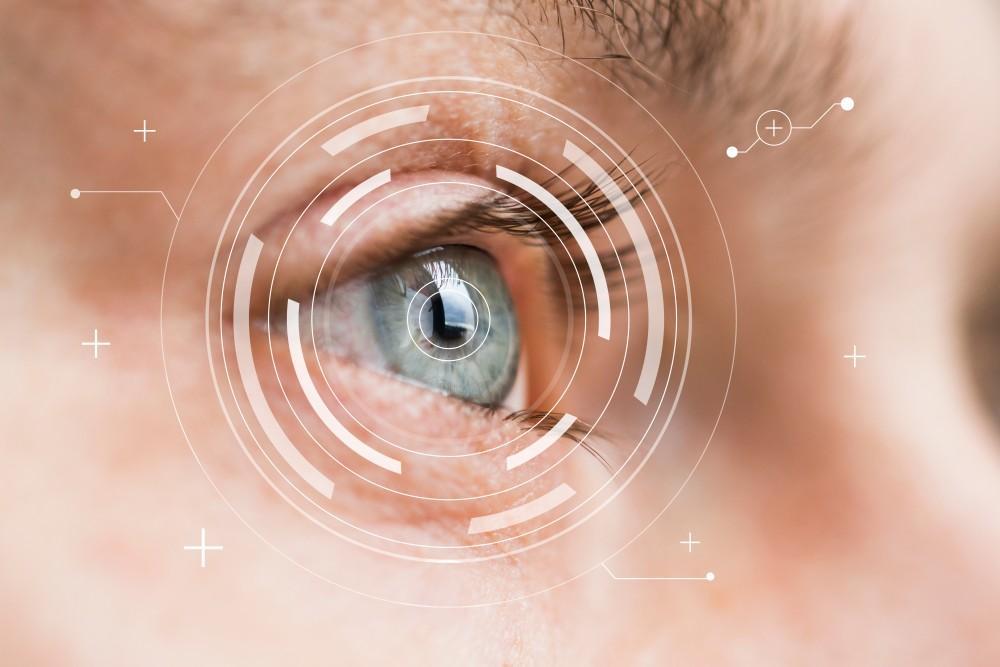
5 Eye Conditions Caused by Sun Damage

You’ve enjoyed the summer sun. While some sun is beneficial, it can damage your eyes if you don’t protect them. You may not realize the eye problems that can stem from too much sun on your face when you’re not wearing a hat or sunglasses with full protection from ultraviolet (UV) rays.
Board-certified ophthalmologist Dr. Stephen Khachikian provides expert diagnosis and prompt treatment for any eye problems you have at his practice in Rapid City, South Dakota. Here are five eye conditions that can result from sun damage.
Corneal sunburn
Do you spend a lot of time outdoors? Perhaps you love hiking, skiing, or you work outdoors. Just as your skin can get sunburned when you don’t protect it, your eyes are vulnerable to sunburn without protection.
Your eye has a clear protective outer layer, the cornea, which can become sunburned. Snow, sand, and water reflect UV rays. Those rays can burn your cornea if you don’t protect your eyes with sunglasses that guard against UVA and UVB rays as well as a hat. The condition is known as photokeratitis.
If you have photokeratitis, you may experience pain in your eyes, notice blurred vision, have a feeling that something is in your eye, or get a headache. You could even experience a temporary loss of vision, although that’s rare. Don’t take a chance; remember your sunglasses when you leave the house, even in winter.
Cataracts
Cataracts produce cloudy or blurry vision and reduce night vision. You might think of cataracts as a condition of elderly adults, and over 50% of Americans older than 80 have cataracts or have had them removed.
You may not know that exposure to sun without adequate eye protection can trigger or speed cataract development. The only remedy for cataracts is cataract surgery.
As an ophthalmologist who specializes in advanced eye surgery, Dr. Khachikian can replace the lens in your eyes with artificial lenses if you develop cataracts. You can lower your risk of getting cataracts by always protecting your eyes with sunglasses that block UV rays.
Cancer
Just as you can contract skin cancer on the rest of your body, you can also get it on your eyelids. You may not have thought about the risk of getting cancer there.
Eyelid cancer diminishes your facial appearance. You can experience loss of your eyelashes, bumps that bleed, spots on your eyelids, and chronic inflammation.
Melanoma, the most serious form of cancer, which can be deadly if it spreads inside your body, can cause blurry vision. Don’t take a chance on causing permanent harm to your eyes. Protect them.
Growths on the eye
Sun damage can result in growths on your eye that need medical treatment. One type of growth is a pinguecula, which can be on the inside or outside of the eyelid on the conjunctiva, the membrane that lines the eyelids. It’s white or yellow and contains bits of fat, protein, or calcium. This growth can cause dry eyes, redness, and inflammation.
Another growth is a pterygium, commonly known as surfer’s eye. It’s a raised bump that starts on the conjunctiva and moves onto the cornea. It can become big enough to cover part of the cornea, affecting your vision. A pterygium requires treatment because it can scar your cornea.
Macular degeneration
While the studies are not definitive and more research needs to be done, it’s possible that sun damage is linked to macular degeneration. This eye disease causes loss of vision in the center of your eye, making your vision blurry.
To ensure your eye health, make and keep your regular eye exams with Dr. Khachikian, and call our office or book an appointment online when any eye problem arises.
You Might Also Enjoy...


I’m Not a LASIK Candidate. What About PRK?

Telltale Signs Your Eye Problem Is a Cornea Issue

Why Are Cataracts Common In Seniors?

Can You Prevent Keratoconus From Getting Worse?


